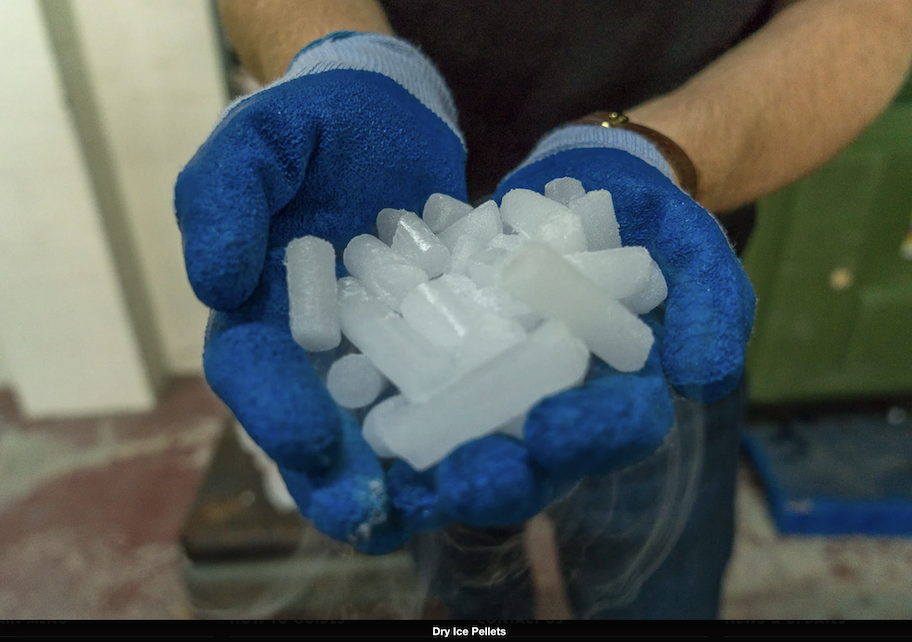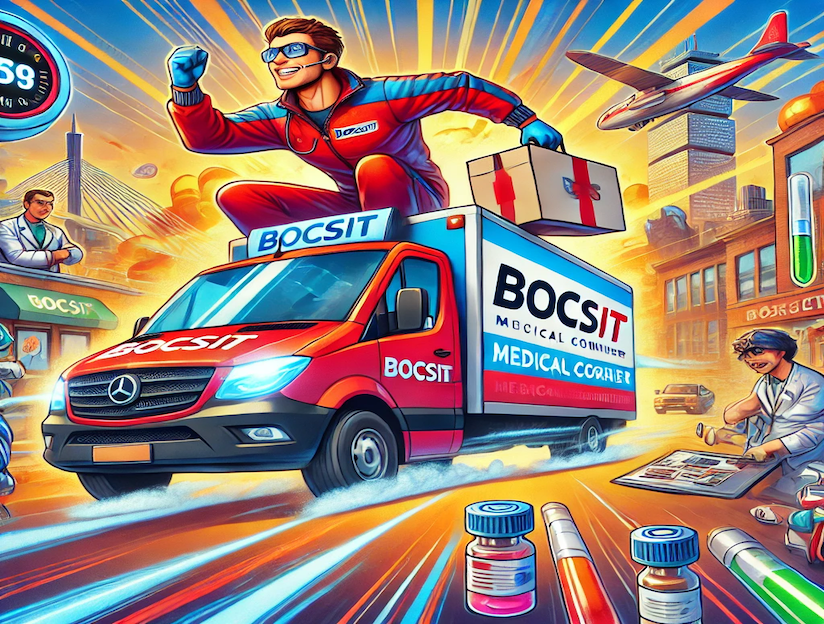Ensuring Safety and Compliance in Clinical Trial Specimen Deliveries with Local Medical Couriers

The transportation of clinical trial specimens is a task laden with complexity and governed by a myriad of regulations. In the realm of medical research, the integrity of these specimens is paramount, as they hold the key to advancements in healthcare and treatment. Local medical couriers stand at the forefront of this crucial process, embodying the bridge between trial sites and laboratories. Their role extends beyond mere transportation; it encompasses ensuring the safety, compliance, and integrity of each specimen delivered. Let's explore the multifaceted strategies and standards local medical couriers employ to navigate this intricate landscape.
Adhering to Stringent Regulatory Standards
Clinical trial specimens are subject to a strict regulatory framework designed to safeguard their integrity and the safety of all involved. Local medical couriers are well-versed in these regulations, which include guidelines from the International Air Transport Association (IATA) for the transport of dangerous goods, the College of American Pathologists (CAP) standards, and local healthcare regulations. These couriers ensure compliance through:
- Continuous Training: Couriers undergo regular training to stay updated on the latest regulatory changes and best practices in the handling and transportation of clinical specimens.
- Certification: Many courier services hold certifications that attest to their adherence to industry standards, providing an additional layer of trust and reliability for clinical trial stakeholders.
Implementing Advanced Tracking and Monitoring Technologies
The journey of a clinical trial specimen from collection to analysis is tracked meticulously to ensure its integrity. Local medical couriers leverage advanced tracking technologies that offer real-time visibility into the specimen's location and condition. These technologies enable:
- Temperature Monitoring: Many clinical specimens require strict temperature control. Couriers use specialized containers equipped with temperature monitoring devices to ensure specimens are kept within the required range throughout transit.
- Geo-Tracking: Real-time tracking capabilities allow both the courier service and the trial sponsors to monitor the specimen's journey, ensuring timely delivery and identifying any potential issues promptly.
Ensuring Safe and Secure Transportation
The physical handling and transportation of clinical trial specimens demand protocols that prioritize safety and security. Local medical couriers adopt several measures to meet these needs:
- Specialized Packaging: Utilizing packaging that meets regulatory standards for biohazard materials and is capable of maintaining specimen integrity against physical and environmental factors.
- Risk Management Procedures: Establishing contingency plans for unforeseen events, such as traffic delays or adverse weather conditions, to minimize risks to specimen integrity.
- Chain of Custody Documentation: Maintaining detailed records of every individual who handles the specimens, thus ensuring a transparent and secure chain of custody.
Personalized and Flexible Service
Each clinical trial has unique requirements based on the nature of the specimens, the geographical layout of trial sites, and specific study protocols. Local medical couriers offer personalized services that can adapt to these varying needs, providing:
- Customized Routing: Developing optimal transportation routes that are considered the fastest and safest paths for specimen integrity.
- Flexible Pickup and Delivery Schedules: Accommodating the specific time frames of clinical trial sites and laboratories to ensure specimens are collected and delivered within the required timelines.
Conclusion: The Unsung Heroes of Medical Research
Local medical couriers are the unsung heroes of clinical trials, playing a pivotal role in the advancement of medical research. Through their dedication to safety, compliance, and the integrity of each specimen, they ensure that the critical data derived from clinical trials is reliable and actionable. Their work, though often behind the scenes, is fundamental to the development of new treatments and therapies that can transform lives. As the medical research landscape continues to evolve, the partnership between clinical trials and local medical couriers will undoubtedly remain indispensable, safeguarding the journey of each specimen from collection to analysis.


















